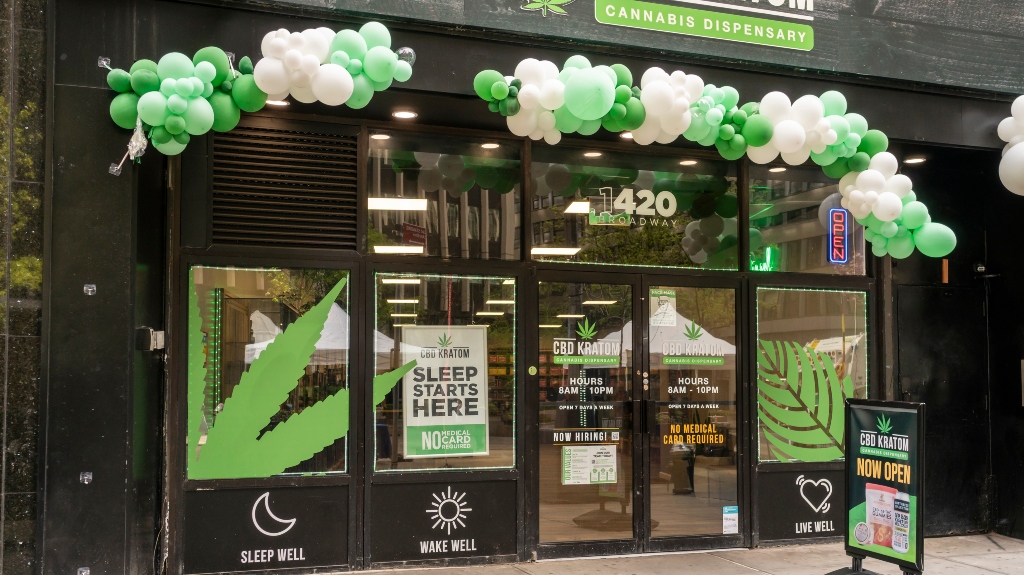
Since 2018, Oklahoma’s medical cannabis industry has grown rapidly. Along with that, so have the regulations governing dispensaries in the state. These rules make sure that dispensaries operate within the boundaries of the law. In turn, patients can know that these products are safe and reliable. But how strict are dispensaries in Oklahoma? We will look at why and how these businesses have to maintain strict rules to remain compliant in the Sooner State.
Licensing Requirements
All medical marijuana dispensaries need to be licensed. To legally operate, they need to get a license from the Oklahoma Medical Marijuana Authority (OMMA). This process is stringent. All applicants must provide extensive documentation, including:
- Proof of identity and residency
- Detailed information about the business’s ownership and structure
Along with that, applicants must undergo a background check. If the person has a nonviolent felony conviction within the last two years or any felony conviction related to a controlled substance within the last five years, then they are barred from owning or operating a dispensary.
Additionally, all medical marijuana businesses must abide by the local zoning laws. Dispensaries cannot be located within 1,000 feet of a school in the state.
Product Testing
All medical marijuana products sold in dispensaries need to pass strict testing requirements. First, it must be tested by a state-licensed laboratory. These tests will look for signs of pesticides, heavy metals, mold, mildew, and other potential contaminants. Only those products that meet these quality standards can be sold in dispensaries.
Inventory Management
Dispensaries must use a seed-to-sale tracking system. The movement of marijuana plants and products from cultivation through to the point of sale are all tracked. That helps to stop products from the illegal market entering into the marketplace.
Dispensaries also have to account for product quantities, sales transactions, and waste disposal. The OMMA will perform regular audits for compliance. If there are discrepancies, they could lead to fines or the revocation of a dispensary’s license.
Sales and Distribution Regulations
Only registered patients and caregivers with a valid medical marijuana card issued by the OMMA are allowed to purchase products from a dispensary. There are also restrictions to make sure that each patient adheres to the state’s possession limits. As a result, all dispensaries must verify every patient’s identity and registration status before completing a sale. When a person purchases a product, that transaction must be recorded in the state’s tracking system.
Security Measures
Oklahoma requires these businesses to have strict security measures in place. They need alarm systems, video surveillance, and secure storage areas for products. Video surveillance is needed in any place where medical marijuana is handled. These businesses also need to store the footage for at least 90 days.
Compliance Inspections
In addition to the above, OMMA conducts regular compliance inspections of dispensaries to make sure they adhere to state laws and regulations. Non-compliant businesses often face the possibility of fines, suspension, or license revocation.
The state takes enforcement seriously. If there are any violations of the rules, the dispensaries can expect immediate action from the OMMA. With these regulations, all businesses need to adhere strictly to the regulations to avoid the risk of being shut down.
Strict Laws Help to Maintain the Medical Marijuana Industry
How strict are dispensaries in Oklahoma? The answer is very regulated. The OMMA wants to ensure that all dispensaries follow the regulations in the state. For those that fail to do so, they can face a wide range of penalties.
Staying compliant is not just a legal requirement. It is a business necessity in Oklahoma’s well-regulated medical marijuana industry. If you would like to learn more about these restrictions or the medical cannabis industry in the Sooner State, contact Brune Law Firm today. Schedule your consultation by calling (918) 876-0408.

